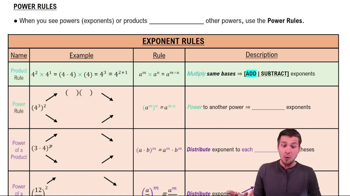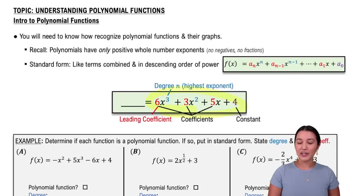Growth rate of bamboo Bamboo belongs to the grass family and is one of the fastest growing plants in the world.
a. A bamboo shoot was 500 cm tall at 10:00 A.M. and 515 cm tall at 3:00 P.M. Compute the average growth rate of the bamboo shoot in cm/hr over the period of time from 10:00 A.M. to 3:00 P.M.






